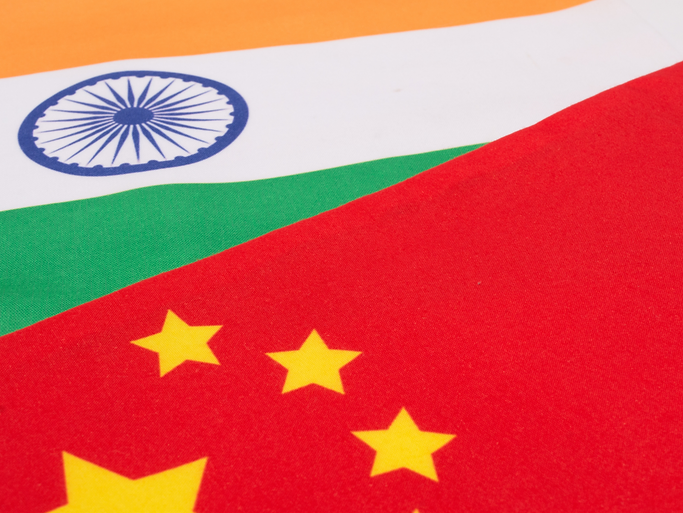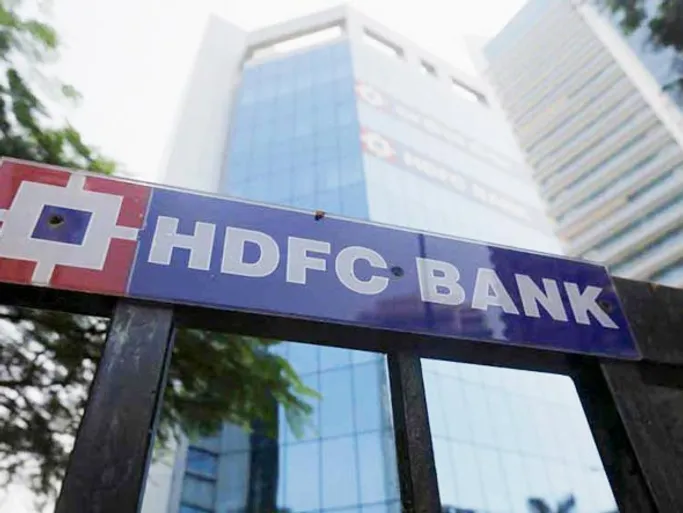We Are Family
A flurry of “family” announcements in India reminds us of the even greater importance a family name can have on the Indian political and economic landscape.
Sonia Gandhi, an Italian citizen who married the son of the late Prime Minister Indira Gandhi (assassinated in 1984), found herself “reluctantly” thrown into the turmoil of Indian politics when her husband (the late Prime Minister Rajiv Gandhi) was assassinated in 1991 when he was 47 years old. For all her “reluctance” Sonia Gandhi must be enjoying it for she just got re-elected unopposed as the President of the grand old Congress Party for a record 4th term and is now the longest serving leader in the Congress Party. It takes an Italian to cement the brand. Though not “in government”, it is an open secret that Madam is, by all accounts, the government. Any foreigner grumbling about doing business in India should be silenced forever – or seek the well connected road as they make their journey into an India buried in potholes!
My company is global, my leader is not?
At the company level, there is this increasing angst between the right to inherit and the right to control.
Ratan Tata, the Chairman of the Tata group of companies is due to retire in December 2012. The search for a successor is on. The Tata family is controlled by the Parsis, a religious minority that fled Persia in the 10th century AD when they were being persecuted by Islam rulers for following Zoroastrianism. They sought shelter in open India, got close to the British (the fact that they were fair skinned probably helped!) and went on to establish a name for themselves as good citizens. While the Italians are good at extending the longeivity of a brand, the Parsis are good at creating one.
Parsi, generally, stands for quality, integrity, and transparency. So the Parsi community - who see the Tata’s as all that India could aspire to be and the Tata Trust, which owns the shares in the Tata companies, as an avenue to channel that goodness - feel that Ratan’s successor must be a Parsi. While there is a 53-year old half brother, Noel Tata, whose hat is in the ring, the community is upset that their Chairman, now 73 years of age, did not have the foresight to get married and have an “issue”. With companies like TCS (software), Tata Steel (they bought Corus in UK), Tata Motors (Jaguar, Land Rover), and Tata Beverages (Tetley at your local grocery store), the mundane selection of a Chairman could actually be influenced by the magical “is it a Parsi?”
Narayan Murthy, the Chairman of Infosys is also due to retire on August 20, 2011. The search for his successor is not so much focused on his family (his children are too young and his wife is happy running a foundation) but, rather, on whether it should be an “Infocian” or an “outsider”?
Aziz Premji, the 80% shareholder of Wipro (the 3rd largest software company in India) gave a hint of his succession plans when his son, Rishad Premji, at the age of 33, was made Chief Strategy Officer. Sunil Mittal - whose family controls Bharti Airtel, the largest mobile operator in India - has inducted his son, Shravin Mittal, into a management position at a European affiliate.
While other families are dealing with “succession”, Reliance is still in a “growth is a way of life” mode.
The Mukesh Ambani controlled Reliance group (not to be confused with his brother Anil Ambani’s Reliance part of the group) is involved in petrochemicals, oil, gas, power, retail, real estate, telecom, financial services, education…we are not sure if they still own the textile business that they started out with… and a while back they had also started a software and BPO business. Anyways, now they just got involved in hotels and hospitality by picking up a 14.8% equity stake in East India Hotels, the owners of the Oberoi chain. One cheque, no discussions, no shareholder’s (of the minority kind) approval.
But don’t let my family name be a drag
To be fair to the families we have written about, one cannot be damned into oblivion for being the son - or mother, or wife of a famous and wealthy person.
And some may indeed, turn out to be fabulous stars.
For example, Rahul Gandhi – whose father (Rajiv Gandhi), grandmother (Indira Gandhi), and great grand father (Jawaharlal Nehru) were all Prime Ministers of India – has the potential to be India’s Prime Minister in the next 5 years. His promise (like others before him) is to clean up the corruption in India big time and to rid India of communal and caste politics. At an energetic 40 years, he happily travels to interior parts of the country (sometimes by a helicopter which reduces Bernanke’s arsenal), sleeps with villagers in their homes, eats with them, and is increasingly becoming a focal point for the young. In a country with young demographics (average age 26 years and falling), India has the oldest politicians (average age 64 years). And Rahul Gandhi has been doing this for 2 years now. If this is all acting – as his detractors say it is - he deserves more Academy Awards than Richard Attenborough’s film on Mahatama Gandhi (no relation to this Gandhi family).
Rishad Premji, whom some of you have heard speak at our past Q India Conference in February 2010, is a pretty bright person. With the right training he may have what it takes to be the CEO of Wipro over the next 10 years.
So, damning someone from a position of responsibility because of the family name or
connections is not fair.
Our challenge remains: to understand and analyze the businesses; to decipher the valuations ascribed to these businesses in the stock market; and to understand the ability of the management to guide these businesses in challenging times; the question of leadership is crucial.
Who leads the company?
And under what principles?
What are their motives?
Are their motives aligned with ours as long term investors or are they siphoning out money to get an extra share of profit for the same risk?
Is expansion a part of an ego trip?
Is the appointment of a son, daughter, or wife as CEO or Chairperson an inherent birthright – or based on merit?
Yes, you can make money in India over the next decade. But the smartest investors, blinded by greed, may not see their fair share of profits for the identical risk taken by them as co-shareholders with India’s creative founding families.
There was a time when a Ford, a Morgan, or a Rockfeller sat on the board of their “owned” companies. Now, you don’t have that issue any longer in the USA. India, in that sense, is where the US was in the early 1900’s. It will change in the next decade.
In the meantime, as you make the “risky” decision to invest in the volatile stock markets of India, it is our job as disciplined, long term, value investors to assess the risks of managements and valuations. To reduce your risks so that you can get your fair share of profits as the growth of the Indian economy generates significant investment returns over the next decade.
















